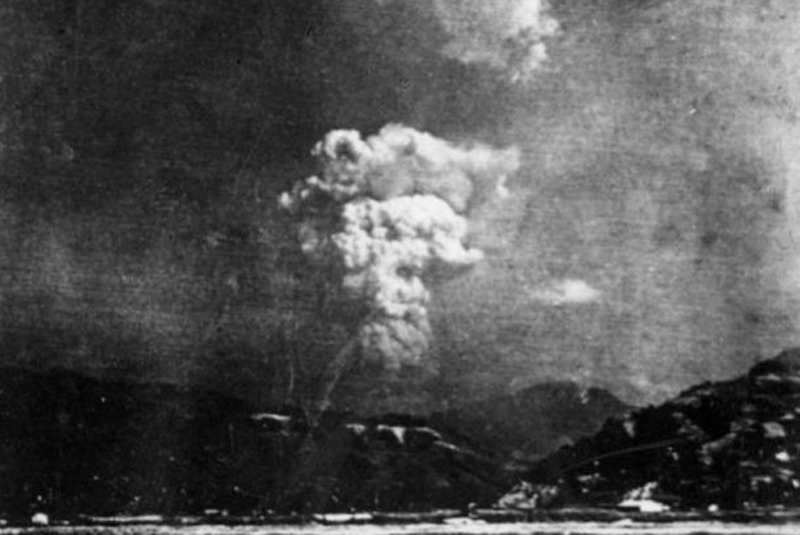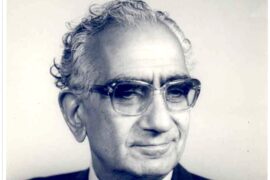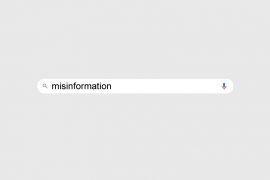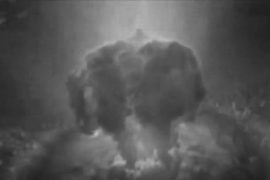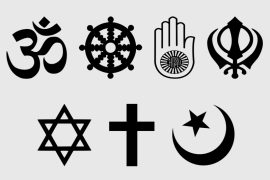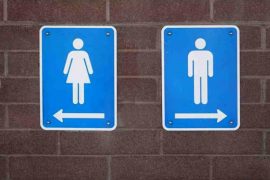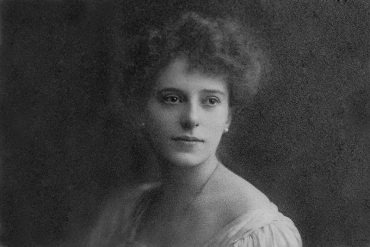The prevailing impression among the public in the West and elsewhere is that Japan surrendered unconditionally because of the horrendous nuclear attacks on Hiroshima (6 August 1945) and Nagasaki (9 August 1945). For decades, even scholars accepted that reading of history. That impression illustrates the intellectual dominance of the West despite decolonisation.
President Truman was determined to use the two bombs—Little Boy and Fat Man— produced by the secret Manhattan Project in Los Alamos, New Mexico. Truman believed America’s nuclear monopoly would last forever and that no other state, including the Soviet Union, would be able to develop the technology.
Copyright©Madras Courier, All Rights Reserved. You may share using our article tools. Please don't cut articles from madrascourier.com and redistribute by email, post to the web, mobile phone or social media.Please send in your feed back and comments to [email protected]

